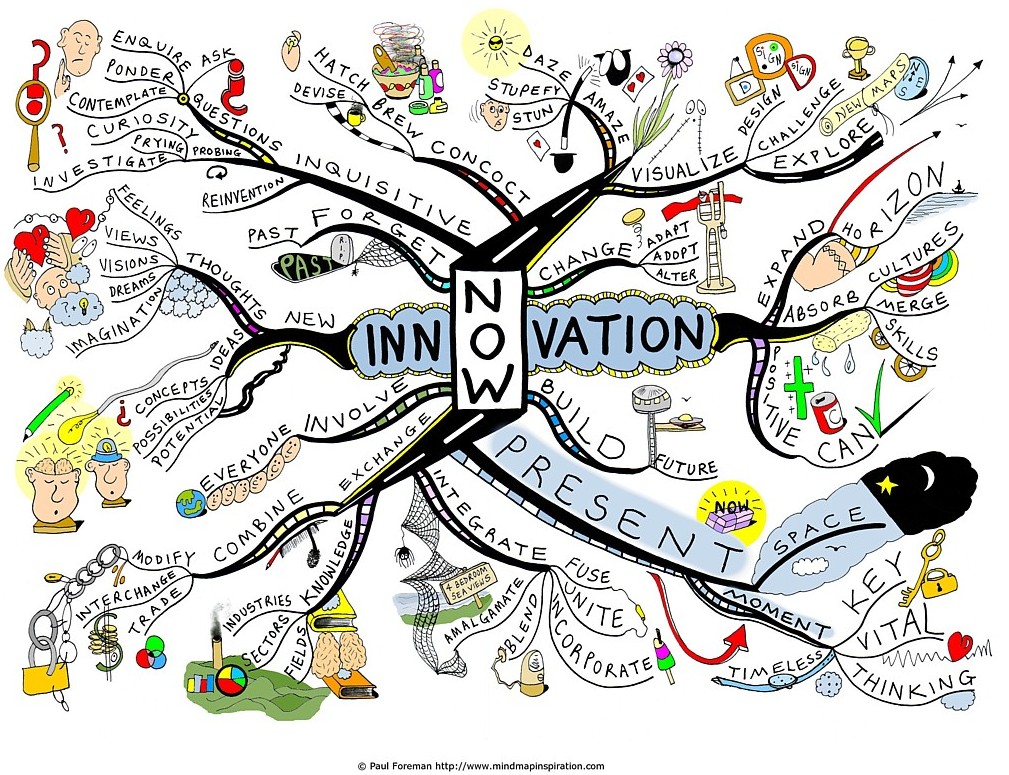Workshop Innovation Management & Technology Entrepreneurship for Faculty
October 7, 2013 - CWI (room L017), Amsterdam, The Netherlands
Click here for a detailed program
Innovation and entrepreneurship in the space between "magic" and "science"
Workshop chairs: Mark Harris, Innovaventures, Jeroen Klijs, TU München
Taking a pragmatic view of the fields helps to demystify them. One must recognize that the field of start-ups and entrepreneurship is not yet a «pure» science. Outcomes cannot yet be guaranteed.
In Math 2+2=4, all the time.
In Physics most experiments work 95% of the time. 200 years ago, it was maybe 60% of the time. Enough not to be random, but still too complex to understand and control all of the complexities.
Even recently CERN had to do more than 1 trillion collisions to be able to prove the Higgs boson subatomic particle.
Entrepreneurship is more like Physics 200 years ago. There is enough knowledge and expertise to be able to get satisfactory results, but still not enough to be as predictive as Mathematics.
Most expertise has been acquired through years of "experimenting" and "evaluating".
This workshop covers in a distilled fashion the theory of innovation management and technology entrepreneurship as well as gives practical advice and examples to build an efficient European technology transfer system.

Workshop Program - Monday, October 7, 2013
Workshop will be at the CWI, Room L017
09:00-12:30 Morning Session
Coffee break: 10:15-10:45
Innovation Management and Technology Entrepreneurship (distilled from a three week course) [Slides]
Part 1 – The Concepts of Entrepreneurship and Technology Entrepreneurship
Technology Entrepreneurship is filling a gap in entrepreneurship education. While students of business schools are sometimes (elective) educated in the principles of entrepreneurship, this is not so for the technical disciplines. Yet, the technical disciplines are where most innovation happens. Students creating new companies out of technical inventions were previously amateur entrepreneurs (lacking formal training). This module is focused on filling this gap and to create professional entrepreneurs.
Topics:
- The Entrepreneurial Process
- The Four Phases of Entrepreneurial Ventures
- The Value of Failure
- The Business Plan
- Venture & Growth Capital
- The Four Steps to the Epiphany(I)
Part 2 – Markets & Customers
It is the technical students that typically innovate and during a very fragile phase are running the new venture, but with a very limited understanding of markets and customers. They assume that a "cool" technological invention will sell itself. Many examples out of the ".com era" show that in most cases the technical students were unable to address market and customer needs and thus failed.
Topics:
- Crossing the Chasm
- The Four Steps to the Epiphany(II)
- Customer Discovery, Customer Validation, Customer Creation, Company Building
- Presenting for Success
Part 3 – Innovation and Innovation Management
This module discusses the different concepts of closed and open innovation, where they have been successful and where they have failed and why. It discusses the innovator's dilemma in managing sustainable innovations within a company and what effect disruptive technologies may have. It discusses technology "S" curves and potential strategies around innovating from inside and acquiring from outside. At the end it focuses on the dangers but also opportunities of globalization on entrepreneurship.
Topics:
- Open Innovation
- The Innovator's Dilemma
- Sustainable and Disruptive Technologies
- Technology "S" curves
- Venture Capital and Private Equity
- Value, Risk and Return in Private Equity
- Entrepreneurship and Globalization
12:30-14:00 Lunch (at the hall outside the room)
14:00-17:30 Afternoon Session
Coffee break: 16:00-16:30
Best practices in managing the valorisation of academia-industry transfer of knowledge [Slides]
Part 1- Introduction to current European practices in innovation management
Knowledge transfer (KT) and valorisation are key to the commercialisation of research and innovation. Therefore, KT and valorisation are an important aspect of innovation management. Companies use KT to turn research and innovation into both new and enhanced products and services. Academia use KT to obtain company budgets. Moreover, to both academia and companies, KT is ever more important to obtain governmental grants. As such, today we will present best practices in KT and valorisation. Moreover, we will provide the understanding required to introduce these best practices at your university.
Topics:
- The European Higher Education Strategy 2020: Understanding governmental grants for the decade to come
- From best practice to best performance: A manual to introducing best practices at your university
Part 2 - The Ulab project: Best practices in valorisation from five leading European universities
To enhance their performance in valorisation, five leading European universities joint forces in the Ulab project: Universidad Politécnica de Madrid, Politecnico di Torino, Technische Universität München, University of Oxford, Paris Institute of Technology. The results of this project are best practices in valorisation, that are meant as an example to all European universities on how to enhance their performance towards the aims set out in the Higher Education Strategy 2020.
Topics:
- Best practices in the design of organisational processes and structures to commercialise knowledge for the TU of the future
- Results of a pilot project for fair participation to enhance both academia-industry interaction and the commercialisation of academic knowledge
- Results of a pilot project where the university ParisTech strengthens the innovative activity in the regional economy to overcome a limited economy near Mougin
- Results of a pilot project to turn start-up companies into multinationals
Part 3 - The IDECAT project: A best practice in innovation management to commercialise academic knowledge Europe-wide
For the IDECAT Network of Excellence we developed a European infrastructure to support the commercialisation of academic knowledge. Both the academics and the CTOs we worked with appreciated this infrastructure. Eventually, the European Commission used this infrastructure as a key argument to name IDECAT the best functioning network of excellence out of nearly 200 similar networks.
Topics:
- A presentation of IDECAT's European infrastructure to commercialise academic knowledge
- Understanding this infrastructure
18:00-19:30 Welcome drink at Restaurant Polder (across the street from CWI)
